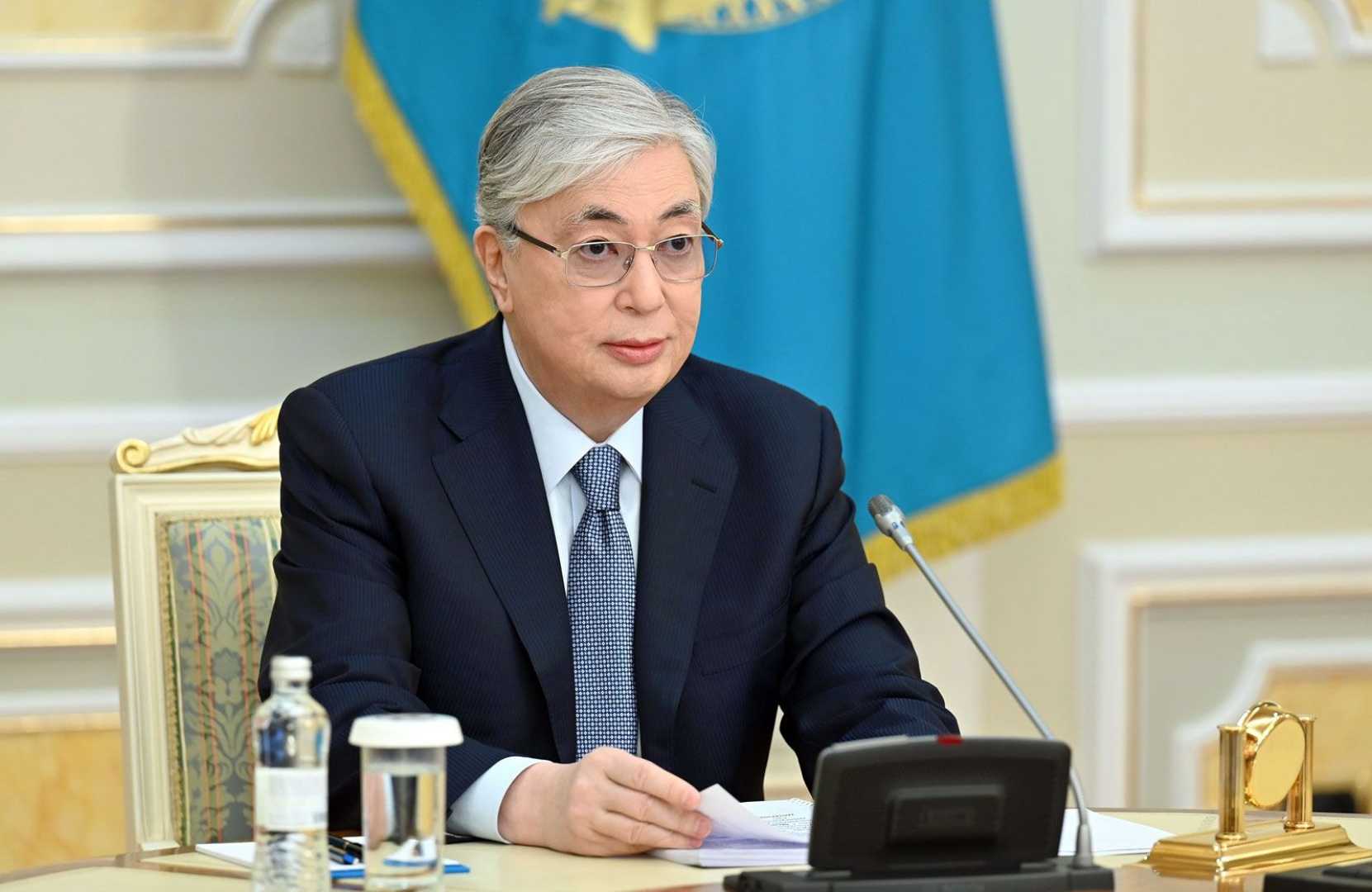World
Kazakhstan Faces Economic Challenges Amid Political Reforms and Regional Tensions

Astana, Kazakhstan — Since the violent protests of January 2022, President Kassym-Jomart Tokayev has focused on restoring order and improving Kazakhstan’s international image. The protests, known as “Bloody January,” erupted over rising fuel prices and escalated into widespread violence, leading Tokayev to invoke the Collective Security Treaty Organization (CSTO) for support from Russian and other foreign troops.
In the aftermath, the government reported multiple fatalities, prompting Tokayev to launch political reforms aimed at distancing his administration from his predecessor, Nursultan Nazarbayev. These reforms include political restructuring and efforts to combat corruption. Tokayev’s leadership is now viewed as a balancing act, particularly as Russia grapples with significant economic challenges exacerbated by ongoing sanctions from the United States and the European Union.
Kazakhstan is working to bolster its economic position by increasing container shipments and courting foreign investment. As interest in the region grows, authorities are keen to showcase Kazakhstan as a key player amid global supply chain transformations.
However, the looming instability in Russia’s economy may hinder Kazakhstan’s progress. With proposed EU sanctions on June 10 targeting Russian banks and energy resources, experts warn that repercussions could destabilize Astana’s economy, especially given the tight economic ties between the two nations.
Tokayev aims to present Kazakhstan as a model of success, focusing on enhancing the country’s diplomatic and economic status while promoting inclusivity in governance. Despite these aspirations, critics argue that Tokayev’s lack of commitment to liberalizing the political system could lead to renewed unrest.
Efforts to diversify the economy and emphasize democratic practices are seen as essential for strengthening the government’s legitimacy. Yet, without significant changes, Kazakhstan’s stability may remain vulnerable, especially as Russia’s military actions in Ukraine intensify economic pressures throughout the region.
Analysts believe that additional Western sanctions on Russia could create a double-edged sword for Kazakhstan, leading to economic decline and increased dependence on Moscow. Tokayev must navigate these complexities to maintain his authority and ensure stability in Kazakhstan, as his political future may hinge on his ability to manage external and domestic pressures effectively.












